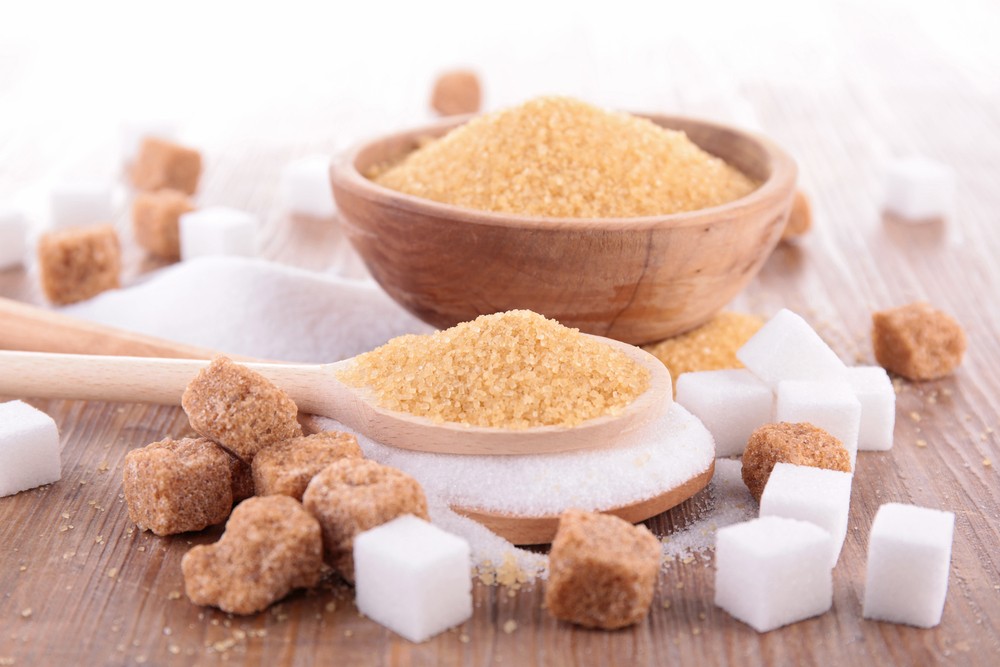Popular Reads
Top Results
Can't find what you're looking for?
View all search resultsPopular Reads
Top Results
Can't find what you're looking for?
View all search resultsBrown sugar better than white? 4 myths debunked
Change text size
Gift Premium Articles
to Anyone
P
lain sugar is seen as unhealthy, which is why some people substitute white sugar with brown sugar, thinking that it is a better choice. Others believe that natural sweeteners like honey and maple syrup are healthier than white sugar.
The Health Promotion Board debunks four common myths and offers tips on how to lower your sugar intake.
(Read also: Can sugar really make a child hyperactive?)
MYTH 1
It is healthier to bake cake with brown sugar than with refined white sugar.
Fact: Not quite.
Brown sugar seems like a healthier option as it contains additional minerals such as magnesium, potassium, calcium and iron. However, the difference made by these minerals is minuscule.
Both types of sugar contain the same amount of calories. So, while brown sugar enhances the taste of baked products and gives them a nice, caramelized sheen, it is not a healthier option. Eat cakes in moderation.
(Read also: What to know about hyperglycemia)
MYTH 2
Adding honey to my drink is better than adding plain sugar.
Fact: Yes, to an extent.
Honey is a natural source that is sold either raw or pasteurized. Its antioxidant and antimicrobial properties, which are not present in table sugar, are well documented. However, it is still sugar and has a similar calorie content as plain sugar. Honey should thus be consumed in moderation.
Reduce the sugar or honey you are adding to your hot beverages by half. For a lower calorie and lower sugar option, go for natural maple syrup. It has about 25 percent less (natural) sugar than honey and refined white sugar. If you want a zero-calorie option, add sweeteners or dried stevia leaves to your drink instead.
(Read also: Study details sugar industry attempt to shape science)
MYTH 3
Drinking a glass of fruit juice is better than drinking a can of soda.
Fact: Yes, but it isn't better by a great margin.
While fruit juices contain more nutrients than soda, they may still contain a substantial amount of sugar. A can of soda may contain seven teaspoons of sugar while a packaged fruit juice drink has 61/2 teaspoons. A glass of fresh fruit juice can contain five teaspoons of sugar in comparison. You should have no more than one glass of fruit juice per day.
(Read also: Extensive weekend exercise may be better than daily training: Study)
MYTH 4
Drinking fresh fruit juice is as good as eating fresh fruit.
Fact: No. It is better to eat whole fruit as you will get more vitamins, minerals and fiber.
Aim to have at least half a plate of fruit and vegetables at every meal. If cutting up a whole papaya or watermelon is too much trouble, go for smaller fruits like pears, apples or plums that can be eaten with their skin. These will give you an extra shot of dietary fiber, which could help to lower blood sugar and cholesterol levels.
This article appeared on The Straits Times newspaper website, which is a member of Asia News Network and a media partner of The Jakarta Post











